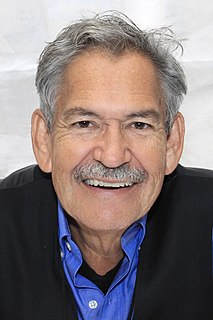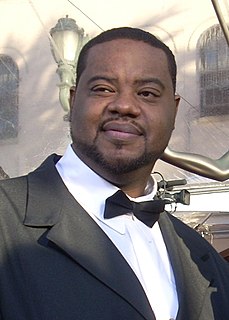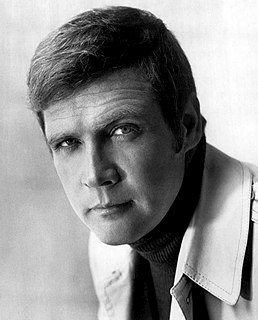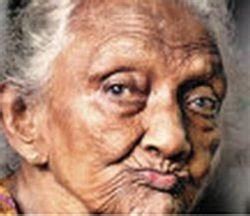A Quote by Cornel West
Homophobia is very, very difficult to root out, to extricate. That's why we have to bear witness. That's why we have to be so public about it, and that's why we can't just play footsie with it.
Related Quotes
If I just got up in the morning and had no place to go and was retired or something, I would be sitting there and be thinking, "Gee, what is the purpose of life? Why are we all finite? Why do we get old and die? Is there nothing out there? Why is it so tragic? Why do our loved ones perish? Why do we generate?" Who wants to think about that stuff?
Secrets are my currency: I deal in them for a living. The secrets of desire, of what people really want, and of what they fear the most. The secrets of why love is difficult, sex complicated, living painful and death so close and yet placed far away. Why are pleasure and punishment closely related? How do our bodies speak? Why do we make ourselves ill? Why do you want to fail? Why is pleasure hard to bear?
You can imagine over very long timescales, perhaps far beyond the multi-decade time scale, we might be able to ask very deep questions about why we feel the way we feel about things, or why we think of ourselves in certain ways - questions that have been in the realm of psychology and philosophy but have been very difficult to get a firm mechanistic laws-of-physics grasp on.
At least I like to keep it the same. That's why I've got all the same friends. That's why I go back to Leeds as much as possible. I don't know if you know much about England, but Yorkshire is a very sobering place. In the North. It's very gritty. Old mining villages. And people don't really care about celebrities up there. And it's great. And that's why I get back there whenever I can. 'Cause it keeps me very grounded, and it keeps my life very normal, whatever that is.
One respect in which I'm very much my father's son is how I feel about Joyce. 'Ulysses' is very much about daily life, when you get into this other guy's life and you learn about the things he cares about, and why he cares about them. And then, very indirectly, very subtly, you learn why politics has impacted his life, too.
Pathology is a relatively easy thing to discuss, health is very difficult. This, of course, is one of the reasons why there is such a thing as the sacred, and why the sacred is difficult to talk about, because the sacred is peculiarly related to the healthy. One does not like to disturb the sacred, for in general, to talk about something changes it, and perhaps will turn it into a pathology.
Beyond all explanations which a good brain can give, why do we choose the worse and not the better, why hate rather than love, why greed and not generosity, why self-centred activity and not open total action? Why be mean when there are soaring mountains and flashing streams? Why jealousy and not love? Why?





































